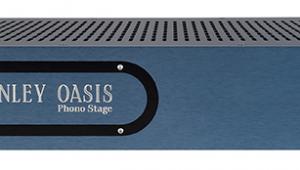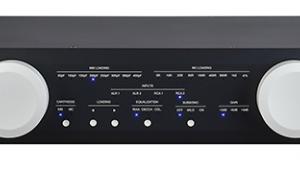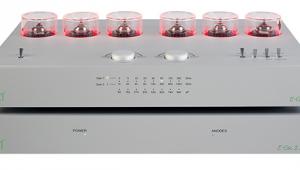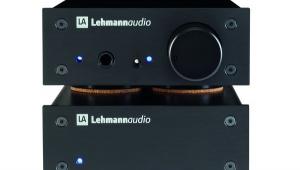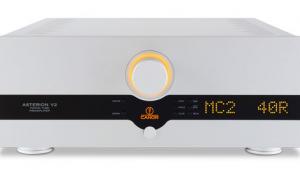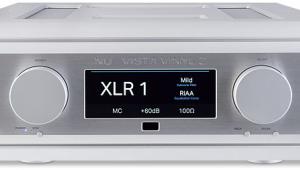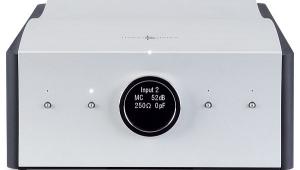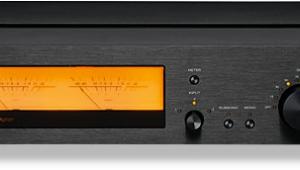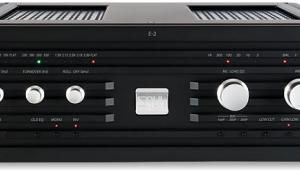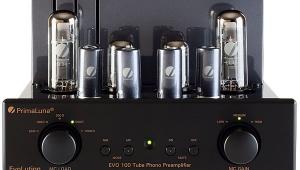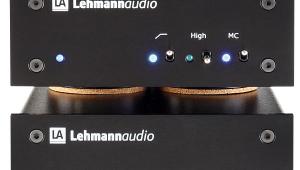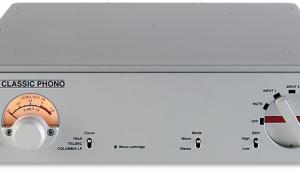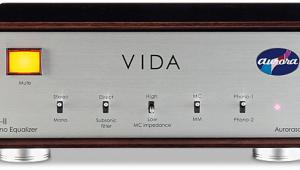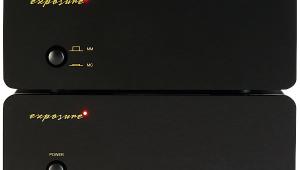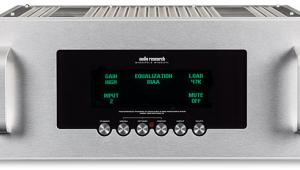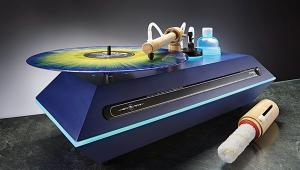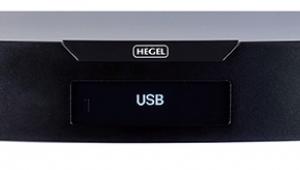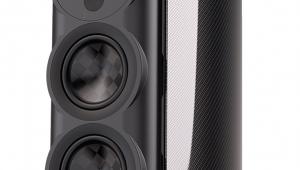Nagra Classic Phono Phono Preamplifier Page 2
![]() Standard Bearer
Standard Bearer
With the unit configured for MM operation and an Ortofon 2M Black/SME V/Michell Gyro SE spinning the black stuff, I soon realised that lightning can indeed strike the same place twice. Just as SME's Model 60 set a new standard for turntables [HFN Jul '22], there's a danger of Nagra's 'Classic' doing exactly the same for phono preamps. I have seldom heard such insight and sheer atmosphere, regardless of price.
Nagra's assertion that some early customers 'thought the unit was not functioning' when they first switched it on – due to its lack of background noise – is quite believable. The Classic Phono is incredibly quiet when there's no signal to pass, resulting in the softest whisper of music emerging from a seemingly silent background. That said, this does mean you have to keep your records clean…
Even more astounding is the detail and clarity. Anyone believing all valve equipment is 'warm and woolly' needs to experience this phono stage. Firmly struck cymbals arrived with snappy timing and incredible impact, and shimmered off into the background in a deeply alluring manner. Neil Peart's drum work on Rush's Hold Your Fire LP [Vertigo Records VERH 47] swept tracks like 'Mission' along with incredible pace and precision. As the song built to a climax, every strike was clear and vivid. This is not an audiophile pressing by any means, and can become a bit of a blur through the wrong preamplifier, but the Classic Phono was having none of it.
Edge Of The Seat
This sense of purity and order stretched down into the midband, imbuing vocal performances with perspective, depth and realism. Alison Krauss's soft intonations on 'Trouble With My Lover', from her Raise The Roof album with Robert Plant [Warner Music 0190296548840], had me on the edge of my seat while she seemingly sat on the carpet in front of my loudspeakers. And when she and Plant ramped things up a bit on 'High And Lonesome', the Classic Phono relayed their soaring voices with grace and no hint of strain.
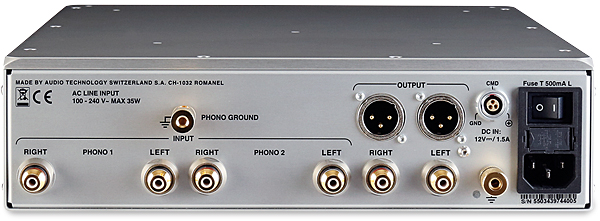
Underneath these vocals were rich and fulsome basslines, and rock-solid drum beats. Indeed throughout my listening, this phono stage took on all manner of low-end action with disdainful ease. Upright basses had an almost 'chewy' sense of realism, while bass guitars sounded tuneful and beautifully held within the mix. Never once were they allowed to sit shyly in the background, ensuring the driving force behind every track was both confident and secure.
Swapping my Ortofon 2M Black MM pick-up for a Cadenza Black MC required wielding a screwdriver and moving the phono plugs to Input 1. With this set-up, the Modulometer told me I needed a little more gain and so the front panel switch was flipped to 'High'. So not exactly plug-and-play, but with the 100ohm loading card in place, I realised that things were only going to get better with an MC on the front-end.
Step Aside!
Noticeable was a slight change in character to the treble. Initially I wondered if I had lost a little top end but soon realised that a faint 'wispiness' to sibilants heard with my 2M Black was now banished and replaced by an even greater sense of insight and extreme treble 'air'. Previous experience of good moving-coil step-up transformers can only lead me to conclude that Nagra has got the magnetic core and copper windings of these new items in the Classic Phono absolutely spot on.
Revisiting earlier tracks revealed them to be just as exhilarating, but now with the additional smoothness and revelation possible with a good MC cartridge. The Classic Phono really does 'step aside' to let your chosen pick-up do its stuff, and this combination of cartridge and phono stage gelled stunningly. It made the most out of anything I chose to play, finding the best in even the most underwhelming of recordings.
That said, there's real magic when you give it something good to work with, such as Fearon & Galaxy's 'Dancing Tight' [12in single, Ensign Records 12ENY 501]. Here, the delivery of the drum beats and bassline was masterful, and I revelled in the impact, scale and sheer joie de vivre of the performance. If machines have a soul I would swear that the Classic Phono was having a whale of a time, too.
The irony that the most listening fun I've had in weeks was thanks to a £17,000 phono stage playing a 1980s 12in single didn't escape me, but it bothered me not one jot – I was too busy enjoying it.
Hi-Fi News Verdict
There is no denying that £17,000 is a hefty sum for what at first appears a functionally simple item, but any time spent with Nagra's elegant Classic Phono will instantly demonstrate its value. With superlative build quality, intelligent engineering, a huge range of optimisation options and absolutely stunning sound quality, I'd say the Classic Phono might even pass muster as a very high-end audiophile bargain!

